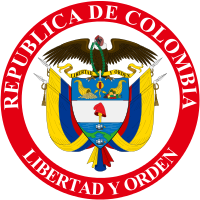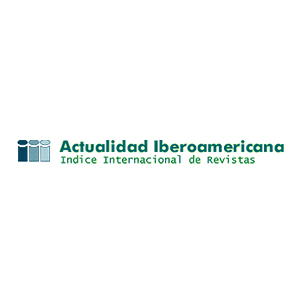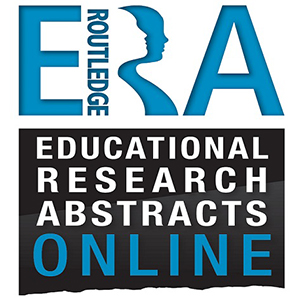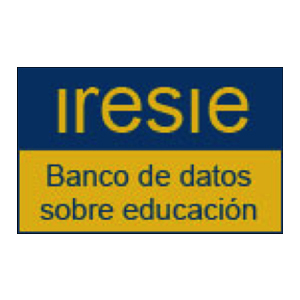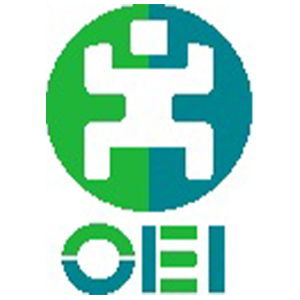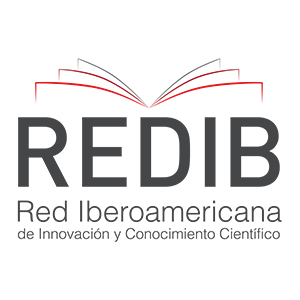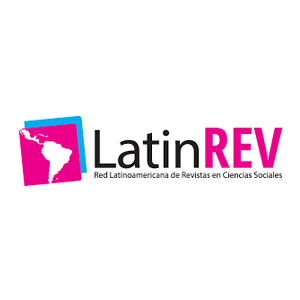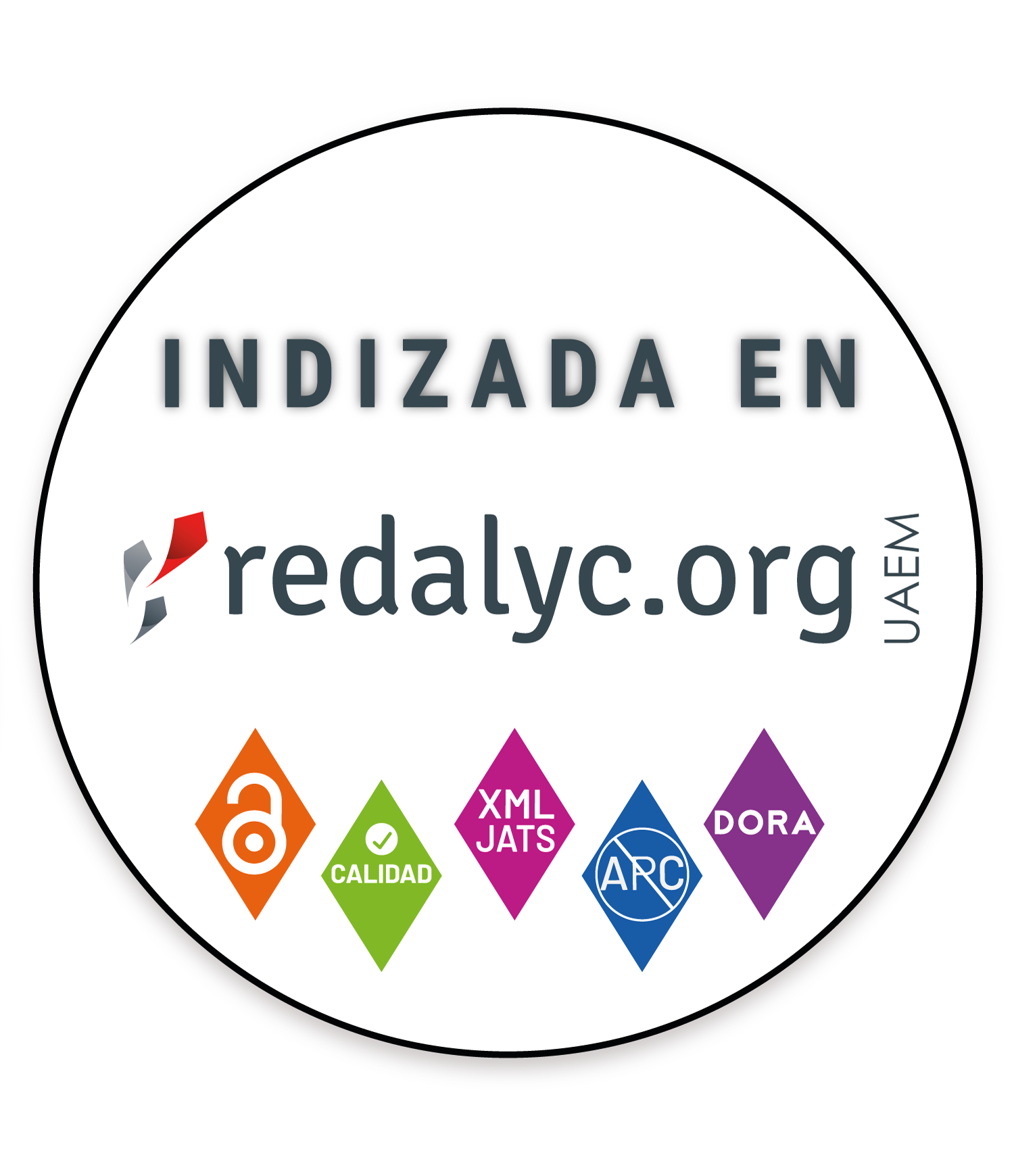Why We Are in Need of Pedagogical Sciences (as Design Sciences) A Few Brief Notes
Por qué necesitamos de ciencias pedagógicas (como ciencias del diseño) Unas breves notas
Por que precisamos de ciências pedagógicas (como ciências do design) breves notas
El texto propone una aproximación a los conceptos educación, aprendizaje y enseñanza desde el diseño de la escuela. El análisis se sitúa en campo de las Ciencias pedagógicas y a partir del concepto de ‘enseñanza’ propone una mirada que va más allá de la crítica al aprendizaje, formulando formas de resistencia activa y compromiso imaginativo. Tres elementos son centralesen este ejercicio: primero, entender la pedagogía desde la figura del pedagogo; segundo, entender la escuela como un tipo particular de tiempo y como una manera particular para hacer frente al desafío existencial, antropológico y social; y tercero, entender las ciencias pedagógicas como ciencia de diseño (experimental) de la escuela.
Educação, aprendizagem, escola, ciências pedagógicas, pedagogia, ciência do design experimental. (pt)
Pedagogue, pedagogy, design, school, pedagogical sciences, experimental design science (en)
Adler, M. J. (1982). The Paideia Proposal. An Educational Manifesto. New York: Touchstone.
Arendt, H. (1958/2006). The crisis in education. In: Between Past and Future (pp. 170-193). New York: Penguin.
Arendt, H. (1960/2006). The crisis in culture: Its social and its political significance. In: Between Past and Future (pp. 194-222). New York: Penguin.
Arendt, H. (1961/2006). Preface: The Gap Between Past and Future. In Between Past and Future (pp. 2-15). New York: Penguin. Art Resource. Retrieved from: http://www.artres.com/C.
aspx?VP3=ViewBox_VPage&raqf=1&IT=ZoomImageTemplate01_VForm&iid=2untwaa45mn5&alid=2untwa9jjwws&pn=32&ct=Search&sf=0
Bernfeld, S. (1925/1973). Sisyphos oder die Grenzen der Erziehung. Frankfurt/M.: Suhrkamp.
Biesta, G. (2006). Beyond learning: Democratic education for a human future. Boulder: Paradigm Press.
Blacker, D. J. (2013). The falling rate of learning and the neoliberal endgame. Winchester/Washington: Zero-Books. Blackmore, J.; Manninen, J.; Creswell, J.; Fisher, K. & Ahlefeld
H. von . (2013). Effectiveness, efficiency and sufficiency: An oecd framework for a physical learning environments module. Retrieved on 6/11/2014 from: http://www. oecd.org/edu/innovation-education/centreforeffectivelearningenvironmentscele/leepframeworkforweb.docx
Castle, E. B. (1961). Ancient education and today. Harmondsworth: Pelican.
Foucault, M. (2001). Fearless Speech. Edited by Joseph Pearson. Semiotext(e)
Flusser, V. (1999). The shape of things. A philosophy of design. London: Reaktion Books.
Gros, F. (2001). Situation du cours. In M. Foucault, L’herméneutique du sujet. Cours au Collège de France (1981-1982) (pp. 488-526). Paris: Gallimard.
Groys, B. (2015). En Public. Poétique de l’auto-design. Paris: puf.
Hacking, I. (2002). Inaugural Lecture: Chair of Philosophy and History of Scientific Concepts at the Collège de France, 16 January 2001. Economy and Society, 31(1), 1-14.
Harten, T. (1999). Paidagogos. Der Pädagoge in der griechischen Kunst. Kiel.
Ingold, T. (2015). The Life of Lines. London/New York: Routledge. International Society of the Learning Sciences. Welcome to isls. Retrieved on 26/08/2015 from: https://www.
isls.org/.
Jaeger, W. (1947). Paideia; die Formung des griechischen Menschen, 3 vols. Berlin: De Gruyter.
Latour, B. (2011). A Cautious Prometheus? A Few Steps Toward a Philosophy of Design with Special Attention to Peter Sloterdijk. In L. Noordegraaf-Eelens, & W.
Schinkel (eds.) (2011). In Medias Res. Peter Sloterdijks’ Spherological Poetics of Being (pp. 151-164). Amsterdam: Amsterdam University Press.
Lewis, T. (2013). On study: Giorgio Agamben and Educational potentiality. New York: Routledge.
Masschelein, J. (2011). Experimentum Scholae: The world once more... But not (yet) finished. Studies in Philosophy and Education, 30 (5), 529-535.
Masschelein, J. & Simons, M. (2013). In defense of the school. A public issue. Leuven: E-ducation, Culture & Society Publishers. Available at https://ppw.kuleuven.be/ecs/ les/in-defence-of-the-school/masschelein-maartensimons- in-defence-of-the.html
Masschelein, J. & Simons, M. (2015). Lessons of/for Europe. Reclaiming the school and the university. In: Gielen P. (Eds.), No culture, no Europe. On the foundation of politics (pp. 143-164). Amsterdam: Valiz.
Miller, R. (2007). Towards a learning intensive society. Retrieved on 6/11/2014 from http://www.urenio.org/futurreg/files/making_futures_work/Towardsa-Learning-Intensive-Society_The-Role-of-Futures-Literacy.pdf
Miller, R.; Shapiro, H. & Hilding-Hamann, K. E. (2008). School's Over: Learning Spaces in Europe in 2020: An Imagining Exercise on the Future of Learning. Retrievedon 12/10/2015 from: http://ipts.jrc.ec.europa.eu/publications/pub.cfm?id=1780
Peters, M. (2004). Geophilosophy, Education and the Pedagogy of the Concept. Educational Philosophy and Theory, 36 (3), 217-226.
Rancière, J. (1991). The ignorant schoolmaster. Five lessons in intellectual emancipation. Stanford: Stanford University Press.
Ranciere, J. (1995). On the shores of politics. London: Verso.
Ricken, N. (1977). Subjektivität und Kontingenz: Markierungen im pädagogischen Diskurs. Würzburg: Königshausen & Neumann.
Roberts, P. A. & Steiner, D. J. (2010). Critical public pedagogy and the Paidagogos. Exploring the normative and political challenges of radical democracy. In: J. A. Sandlin, B. D. Schultz & J. Burdick (eds.). Handbook of Public Pedagogy. Education and Learning Beyond Schooling (pp. 20-27). New York/London: Routledge.
Schulze, H. (1998). Ammen und Pädagogen. Sklavinnen und Sklaven als Erzieher in der Antiken Kunst und Gesellschaft. Mainz: Verlag Philipp von Zabern.
Serres, M. (1997). The troubadour of knowledge. (S. F. Glaser & W. Paulson, trans.). Ann Arbor: The University of Michigan Press.
Simons, M. & Masschelein, J. (2007). De-governmentalisation of education and the meaning of the public. Paper presented at the 2007 meeting of the American Educational Research Association. Chicago, usa.
Simons, M. & Masschelein, J. (2008a). The governmentalization of learning and the assemblage of a learning apparatus. Educational Theory, 58 (4), 391-415.
Simons, M. & Masschelein, J. (2008b). From schools to learning environments: The dark side of being exceptional. Journal of Philosophy of Education, 42 (3-4), 687-704.
Stengers, I. (2005a). Deleuze and Guattari’s last enigmatic message. Angelaki, 10 (2), 151-167.
Stengers, I. (2005b). An ecology of practices. Cultural Studies Review, 11 (1), 183-196.
Stiegler, B. (2006/2008). La télécratie contre la démocratie. Paris: Flammarion. Wikipedia. https://en.wikipedia.org/wiki/Learning_sciences Retrieved on 26/08/2015 Wisegeek, What is pedagogical science? Retrieved on 27.08.2015 from: http://www.wisegeek.com/whatispedagogical-science.htm
APA
ACM
ACS
ABNT
Chicago
Harvard
IEEE
MLA
Turabian
Vancouver
Descargar cita
Citaciones

1. Ori Rotlevy, Itay Snir. (2024). Affirming educative violence: Walter Benjamin on divine violence and schooling. Ethics and Education, , p.1. https://doi.org/10.1080/17449642.2024.2304510.
Métricas PlumX
Visitas
Descargas
Licencia
Derechos de autor 2016 Pedagogía y Saberes

Esta obra está bajo una licencia internacional Creative Commons Atribución-NoComercial 4.0.
Todo el trabajo debe ser original e inédito. La presentación de un artículo para publicación implica que el autor ha dado su consentimiento para que el artículo se reproduzca en cualquier momento y en cualquier forma que la revista Pedagogía y Saberes considere apropiada. Los artículos son responsabilidad exclusiva de los autores y no necesariamente representan la opinión de la revista, ni de su editor. La recepción de un artículo no implicará ningún compromiso de la revista Pedagogía y Saberes para su publicación. Sin embargo, de ser aceptado los autores cederán sus derechos patrimoniales a la Universidad Pedagógica Nacional para los fines pertinentes de reproducción, edición, distribución, exhibición y comunicación en Colombia y fuera de este país por medios impresos, electrónicos, CD ROM, Internet o cualquier otro medio conocido o por conocer. Los asuntos legales que puedan surgir luego de la publicación de los materiales en la revista son responsabilidad total de los autores. Cualquier artículo de esta revista se puede usar y citar siempre que se haga referencia a él correctamente.

